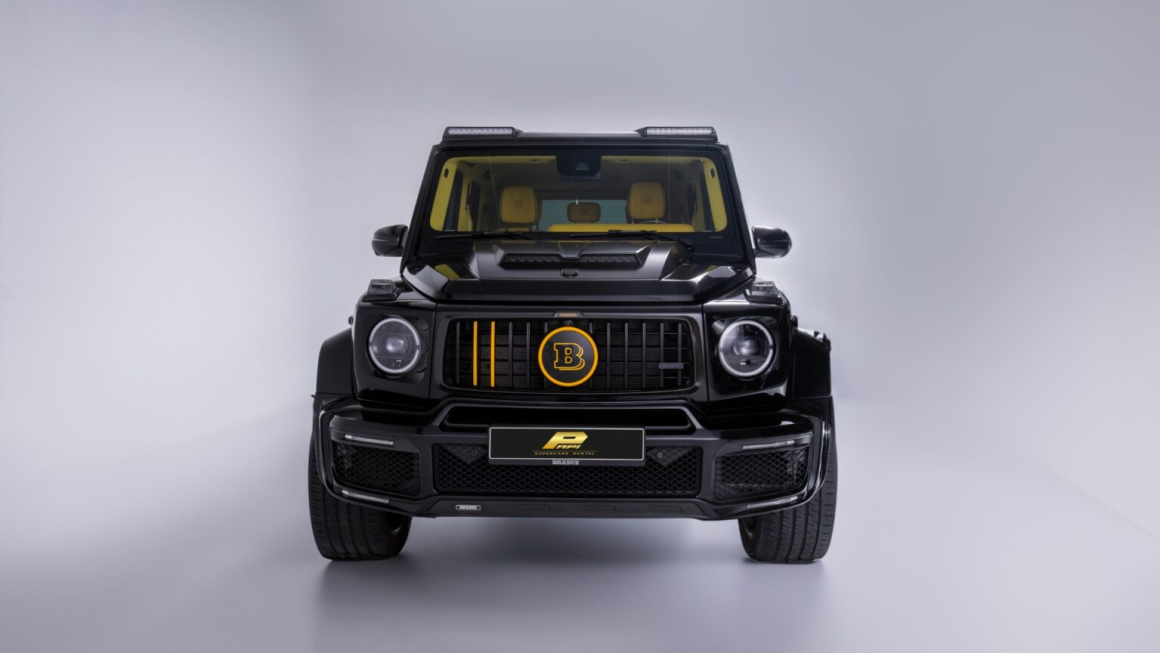Music plays a transformative role in the EYFS curriculum nursery school, enriching the educational experience and contributing to the holistic development of young minds. This article discovers the importance of music in nursery schools, emphasizing its impact on cognitive, social, emotional, and physical aspects of early childhood development.
Language skills enhancement:
Music serves as a powerful tool for language development. Nursery rhymes, songs, and musical activities provide opportunities for children to explore language patterns, vocabulary, and pronunciation. Singing along to familiar tunes supports the development of early literacy skills, laying the foundation for effective communication and language proficiency.
Emotional expression and regulation:
Music provides a unique outlet for emotional expression and regulation. Nursery school children often express themselves through movement and rhythm, allowing them to convey emotions in a non-verbal way. Participating in musical activities promotes emotional awareness, self-regulation, and a healthy outlet for expressing feelings.
Social skills and collaboration:
Engaging in musical activities within a group setting fosters social skills and collaboration. Activities like group singing, playing instruments together, or creating simple musical compositions encourage teamwork, cooperation, and a sense of community.
Physical development and coordination:
Music involves various physical elements, from clapping hands to dancing and playing instruments. These activities contribute to the development of gross and fine motor skills, coordination, and spatial awareness. Musical games and movement exercises in the nursery school curriculum support physical well-being and enhance overall motor development.
Cultural awareness and diversity:
Integrating diverse musical traditions into the nursery school curriculum exposes children to different cultures and promotes cultural awareness. Experiencing music from various backgrounds broadens perspectives, fosters respect for diversity, and introduces children to a rich tapestry of global musical expressions.
Creativity and imagination:
Music serves as a catalyst for creativity and imagination. Nursery school activities that involve creating songs, exploring different sounds, or engaging in musical storytelling encourage children to think creatively and express themselves imaginatively.
In addition, nurturing a love for music from an early age establishes a foundation for lifelong learning. The joy and engagement experienced through musical activities create positive associations with learning, setting the stage for a continued appreciation of the arts and a curiosity that extends beyond the nursery school years.


